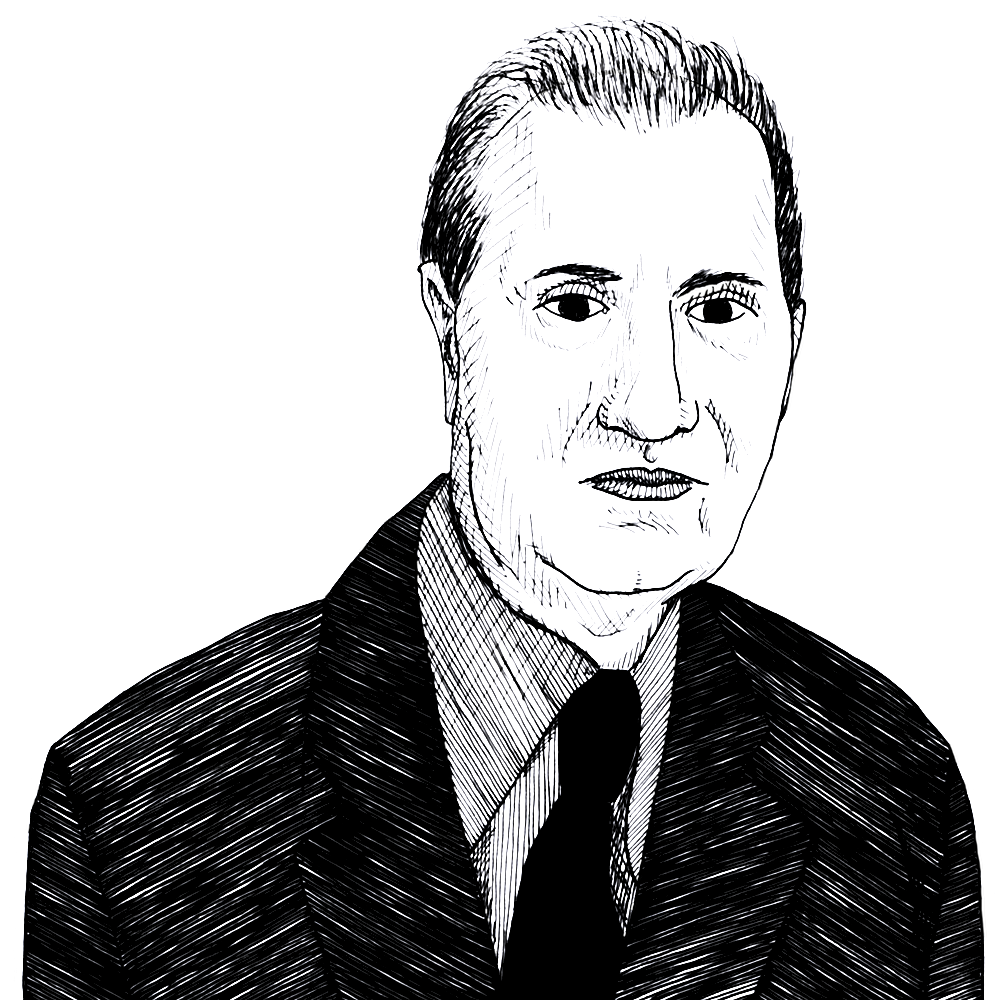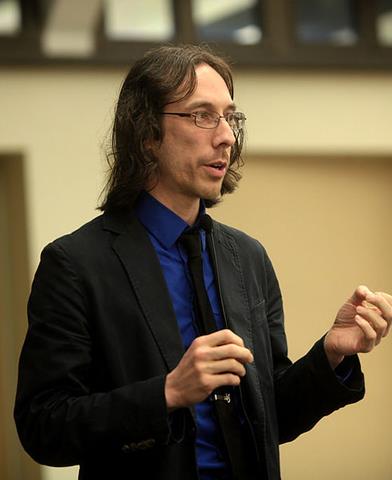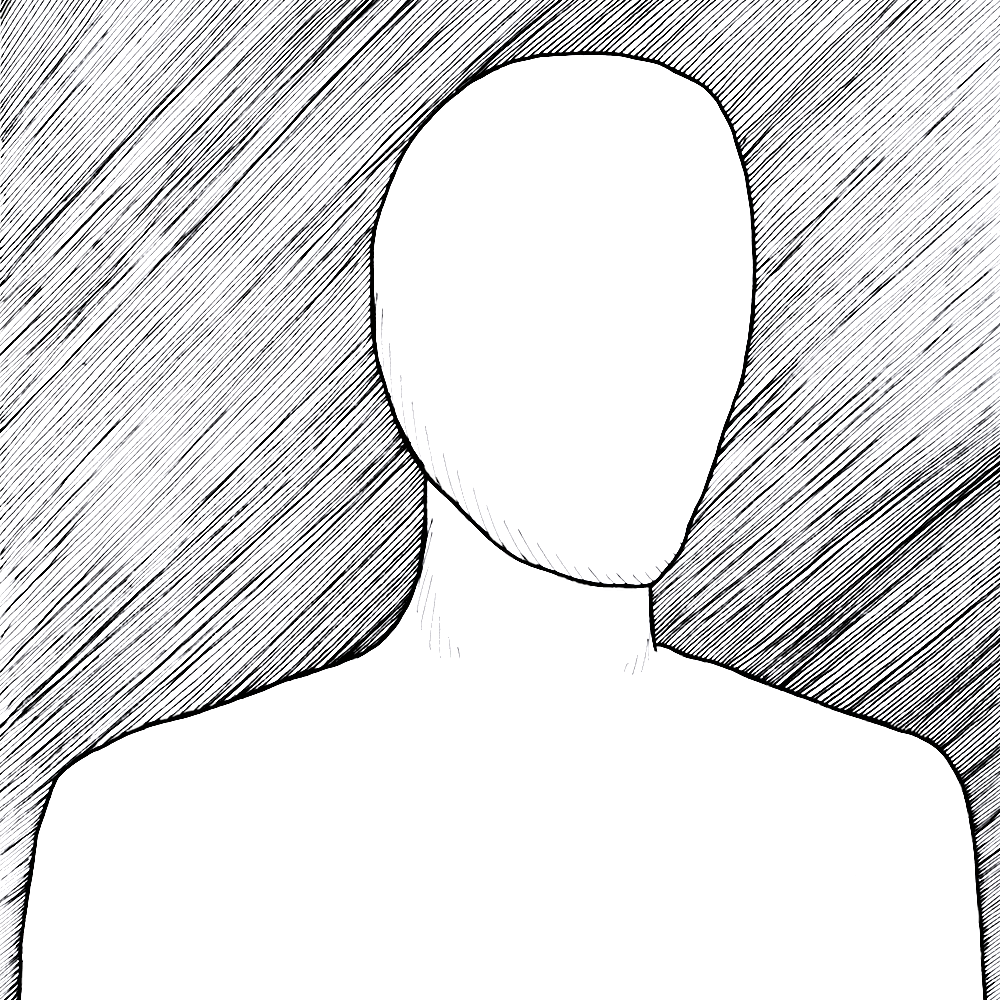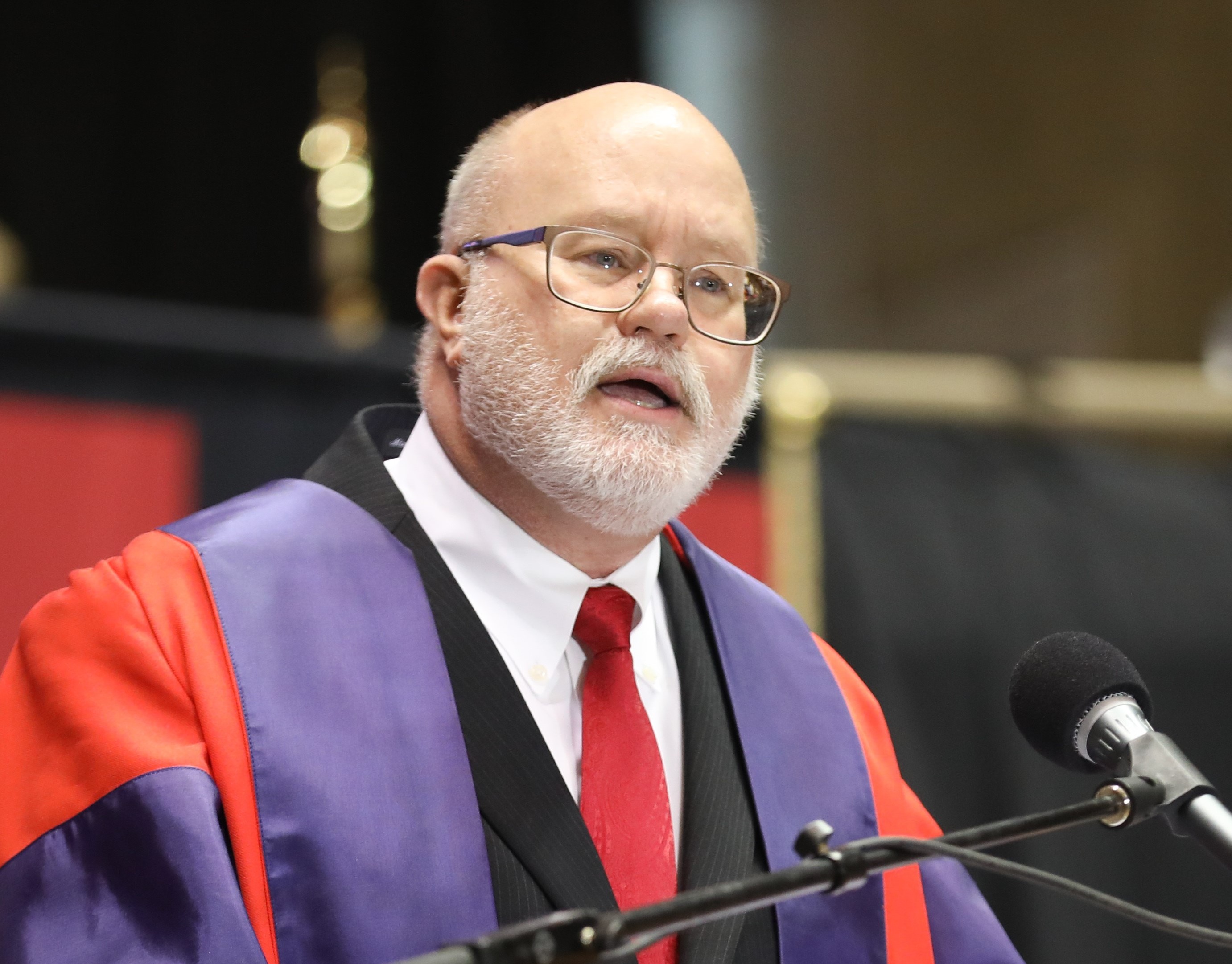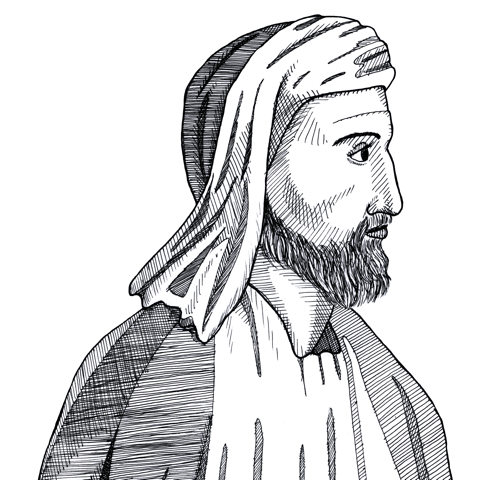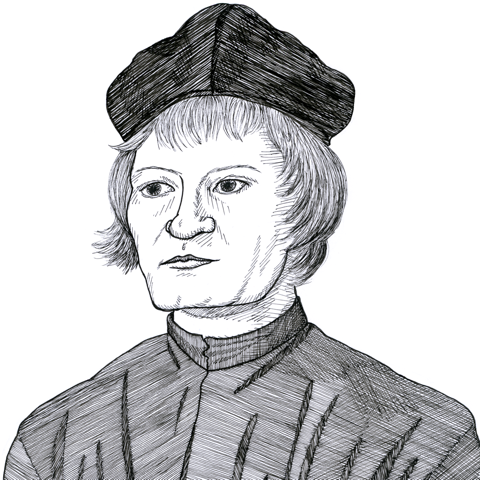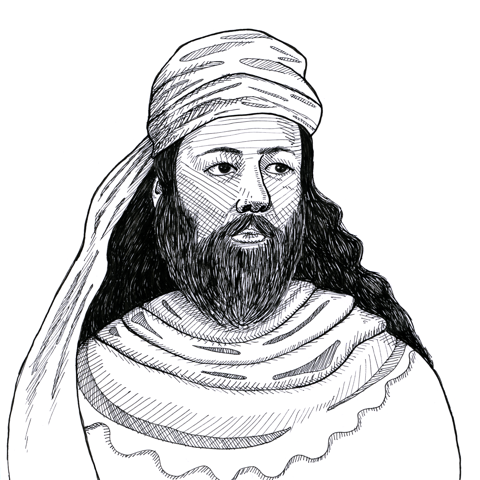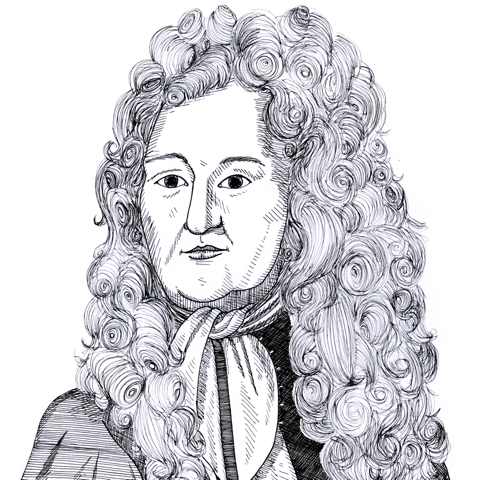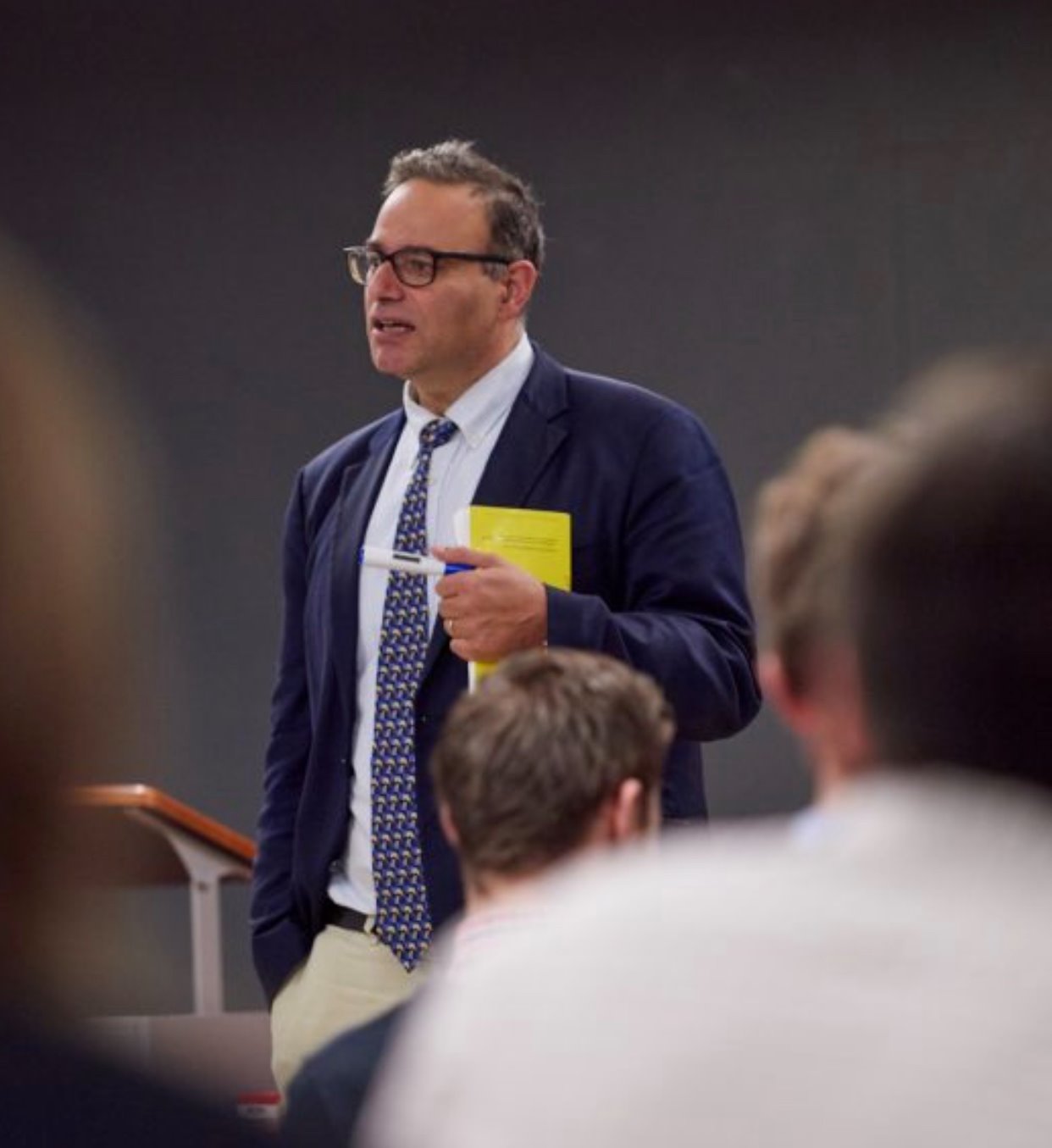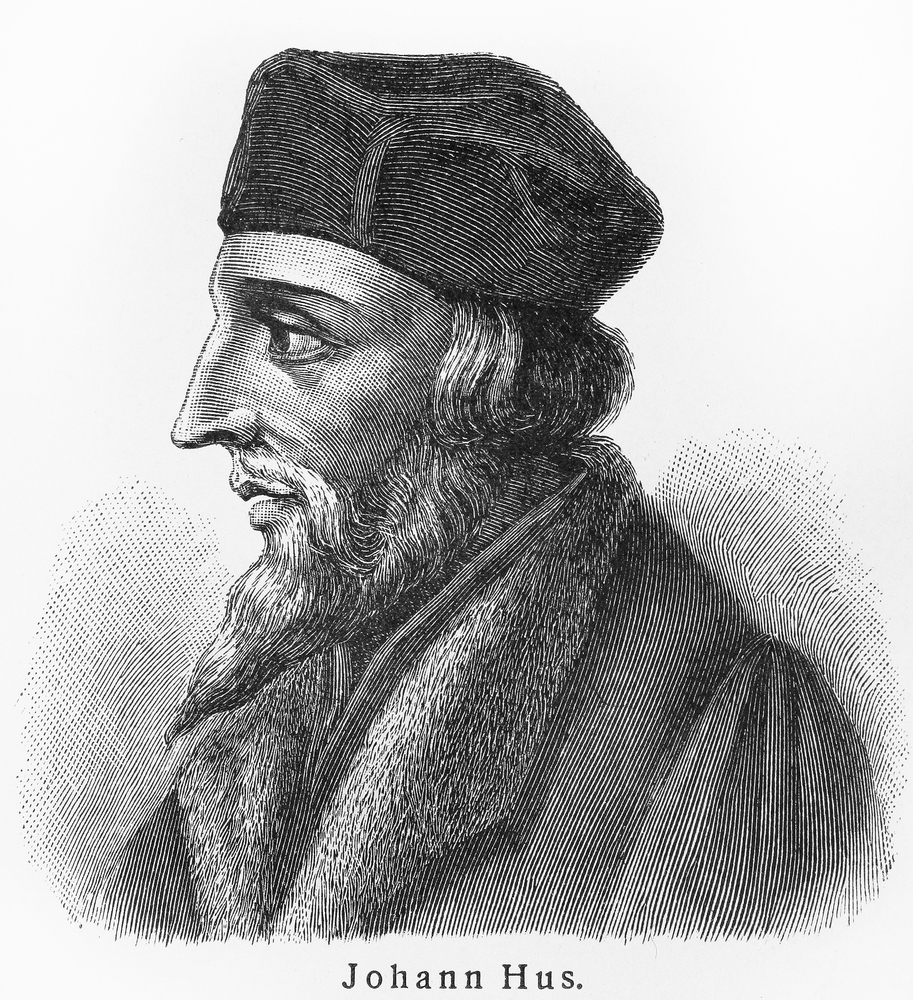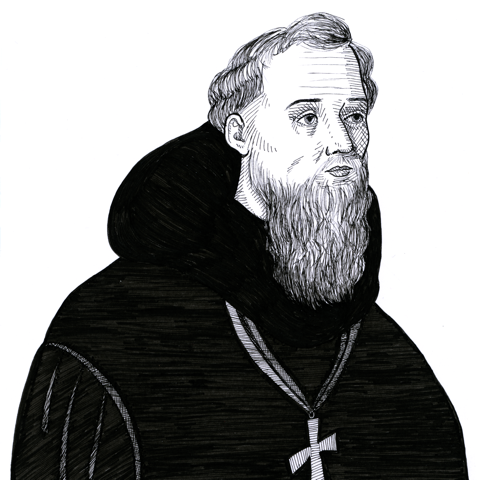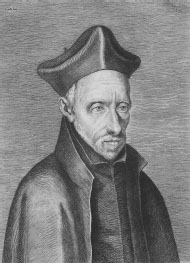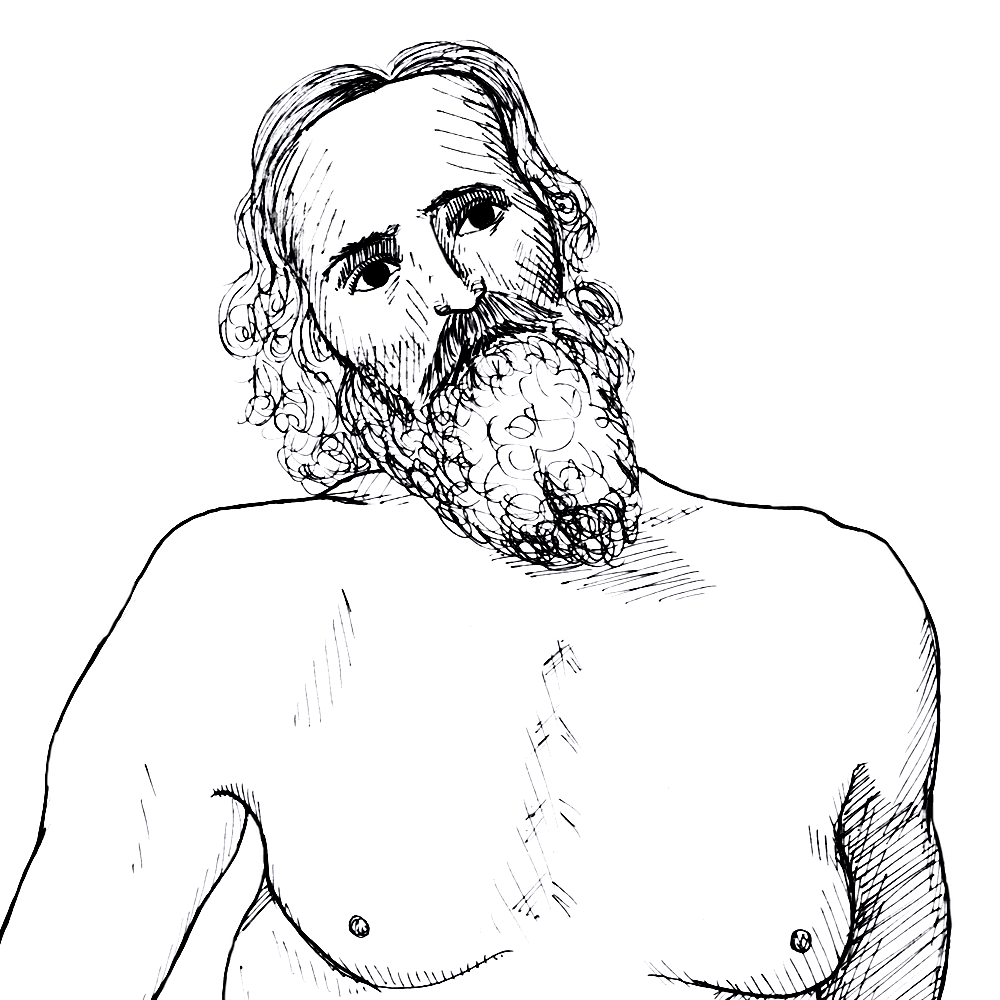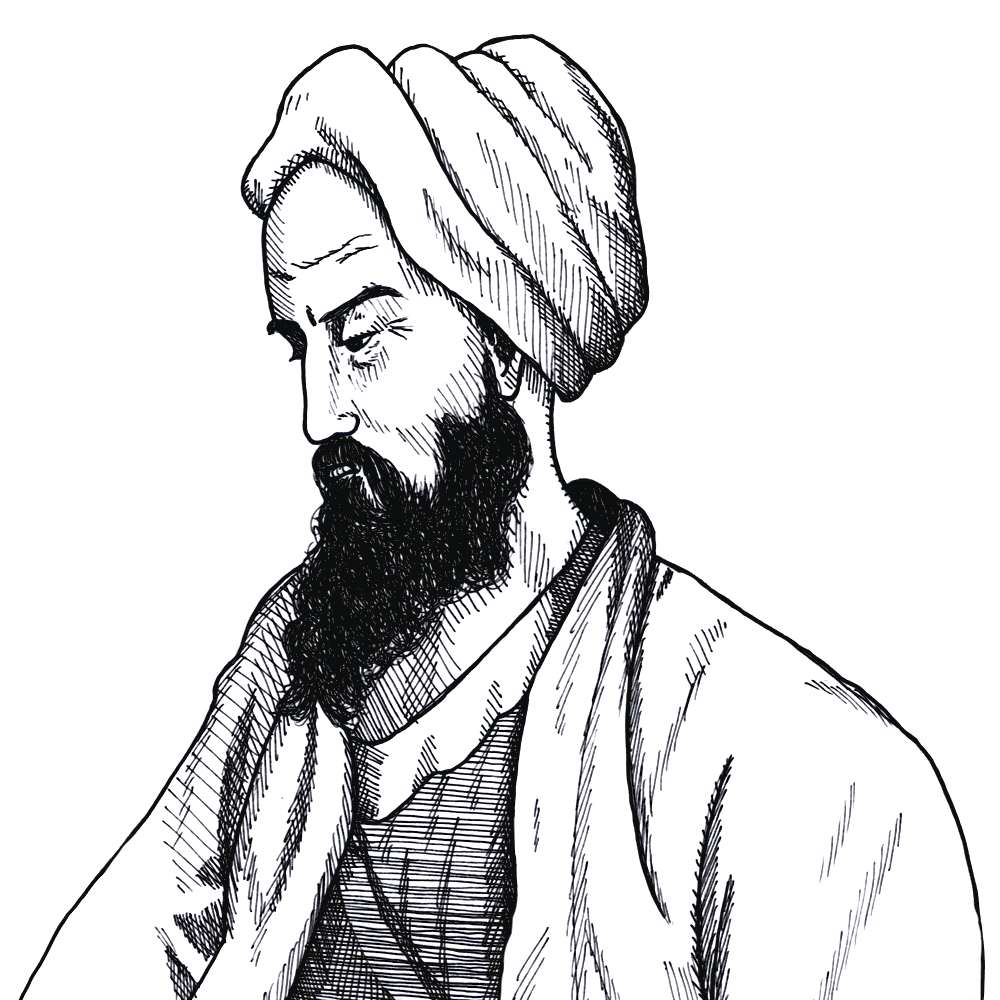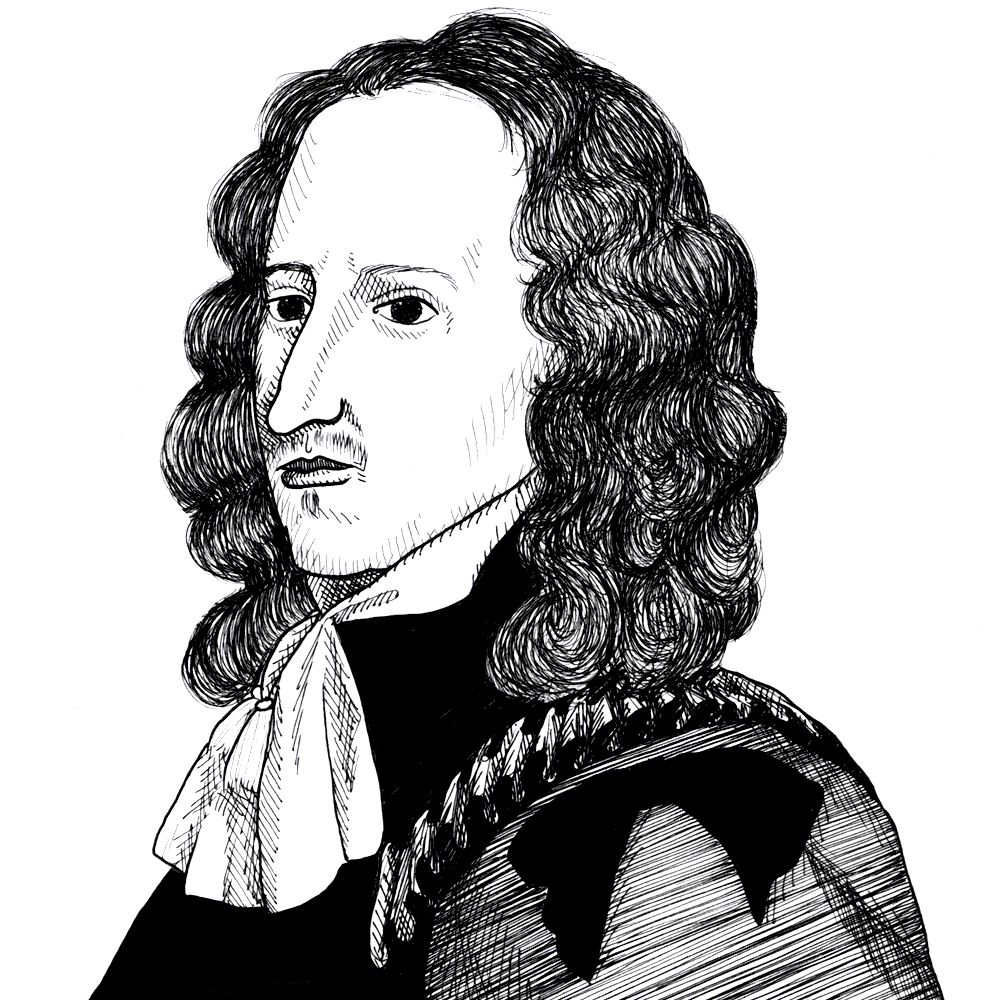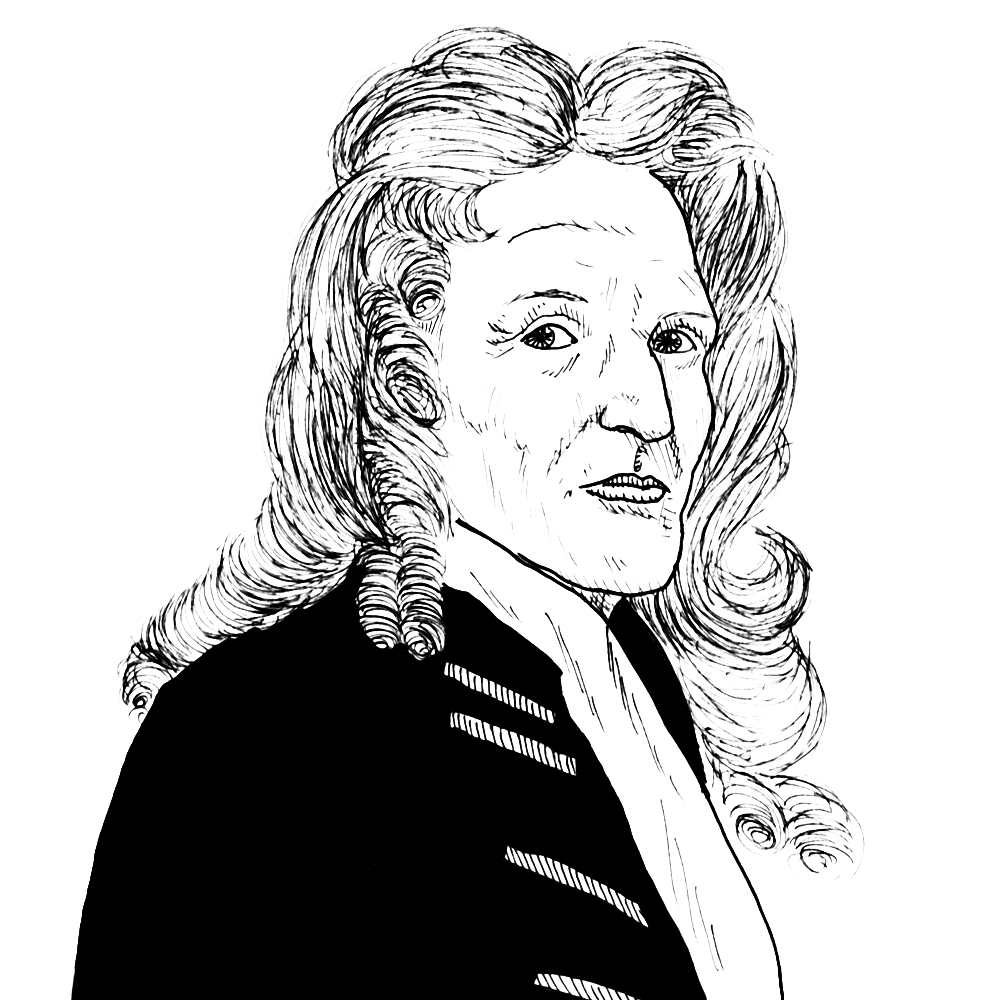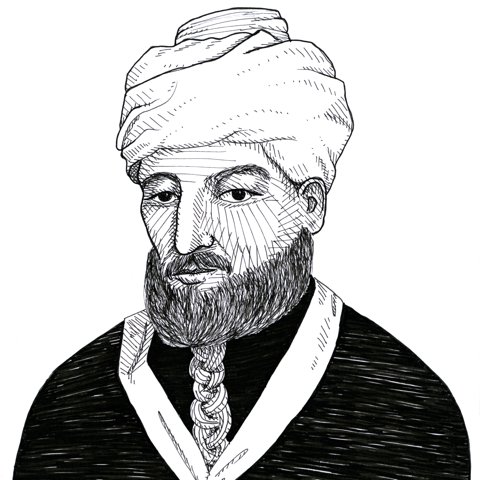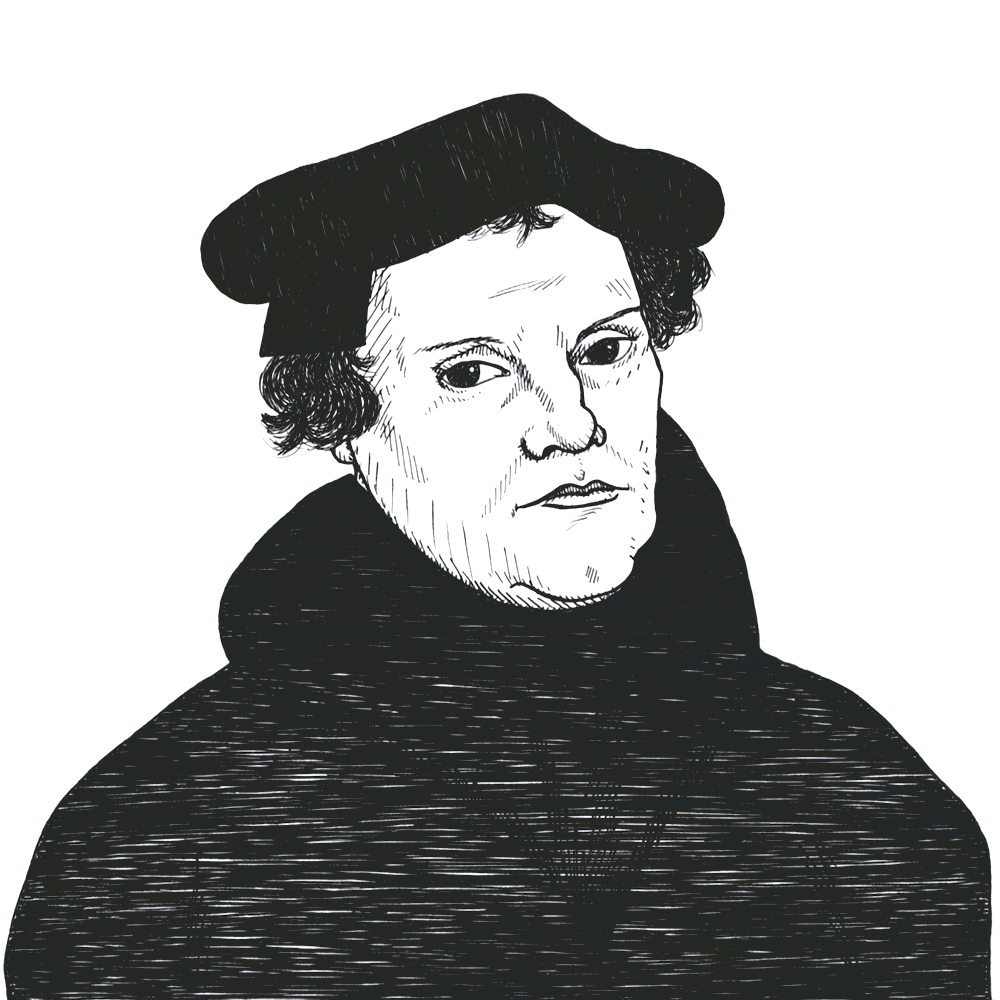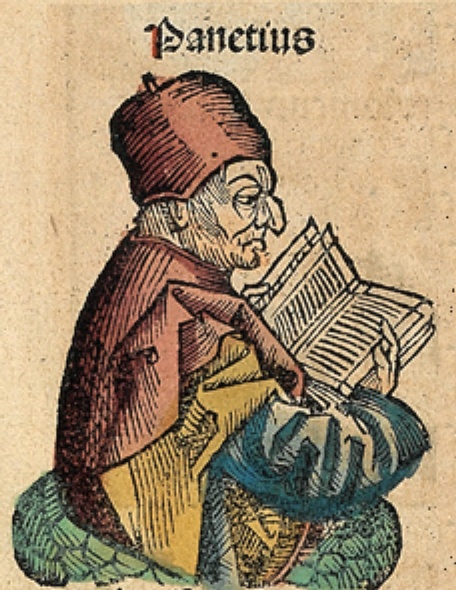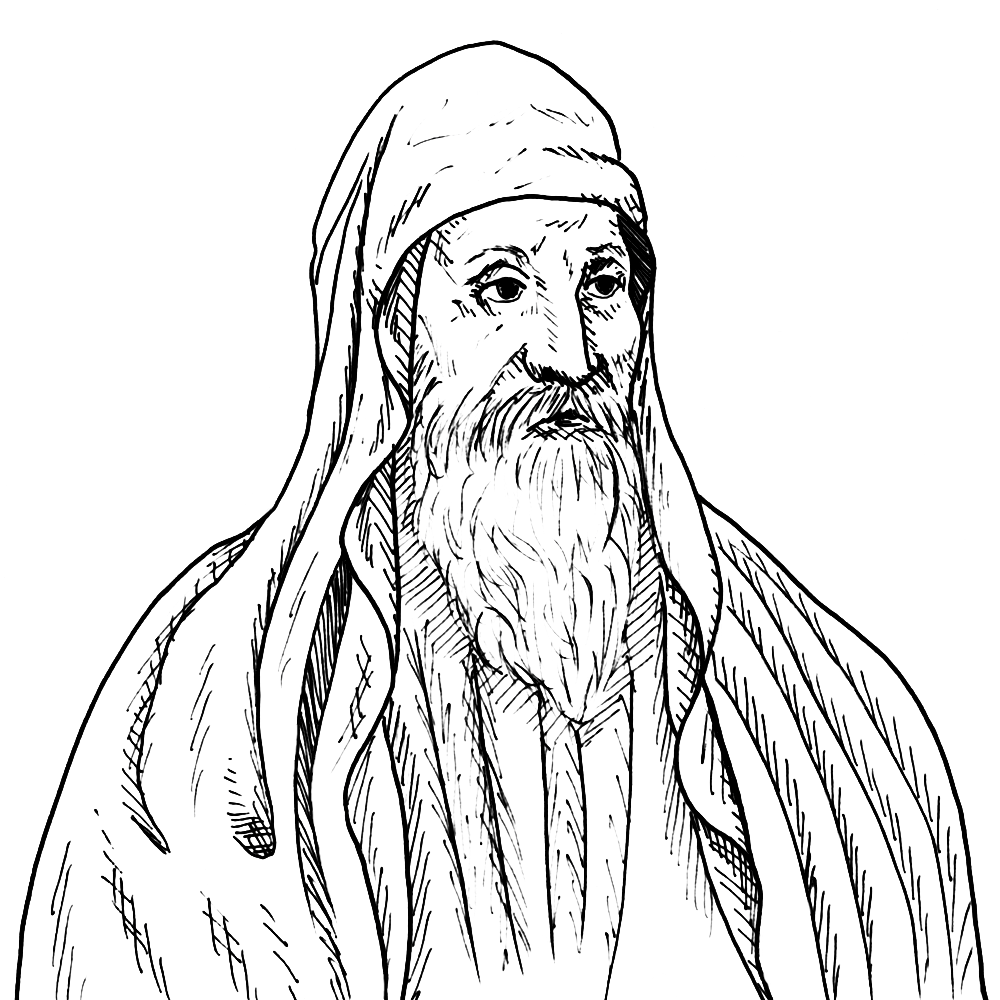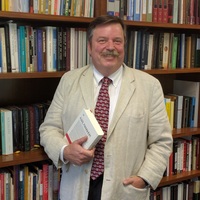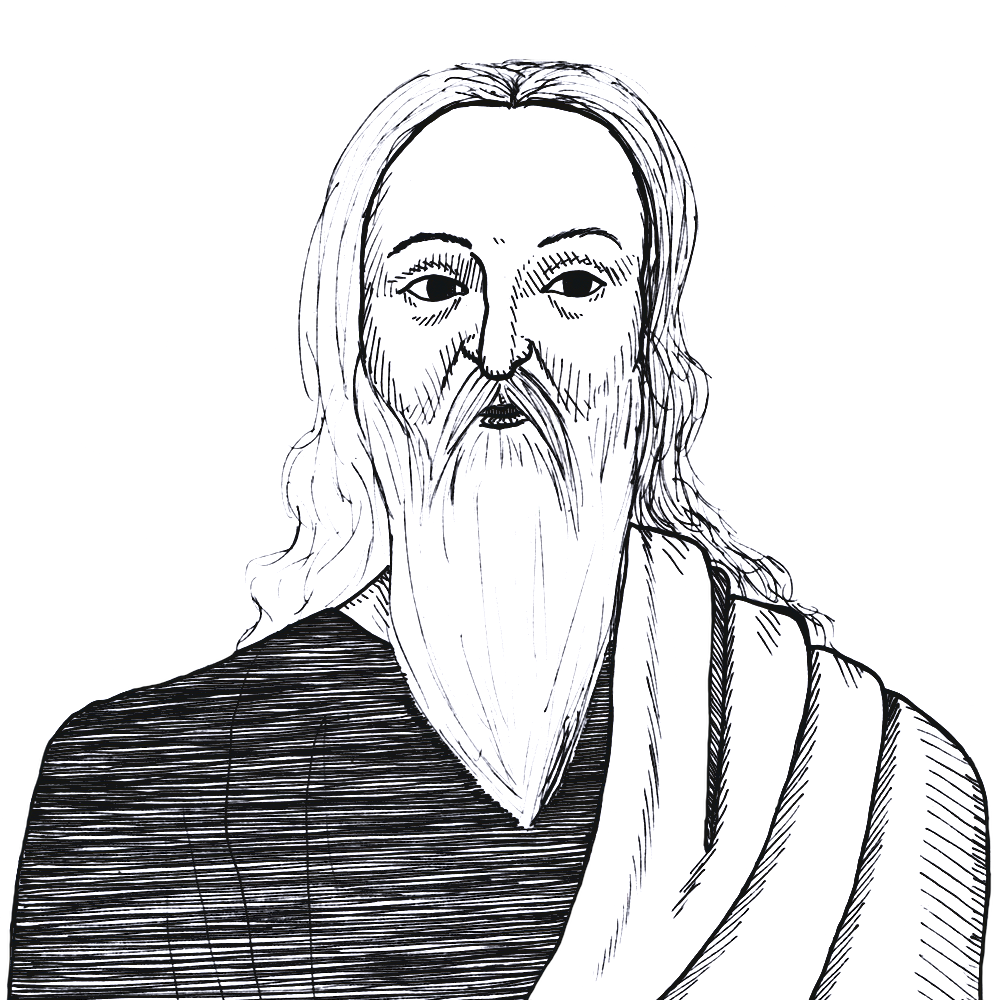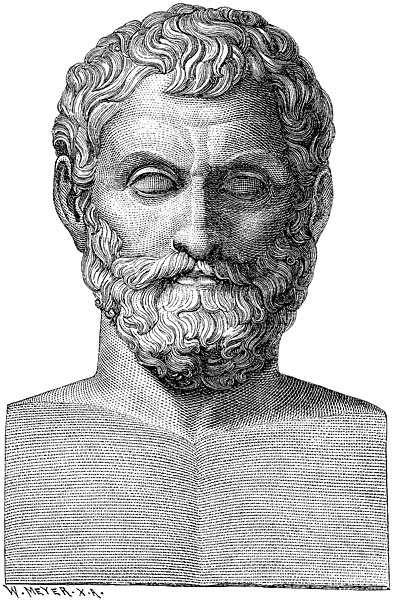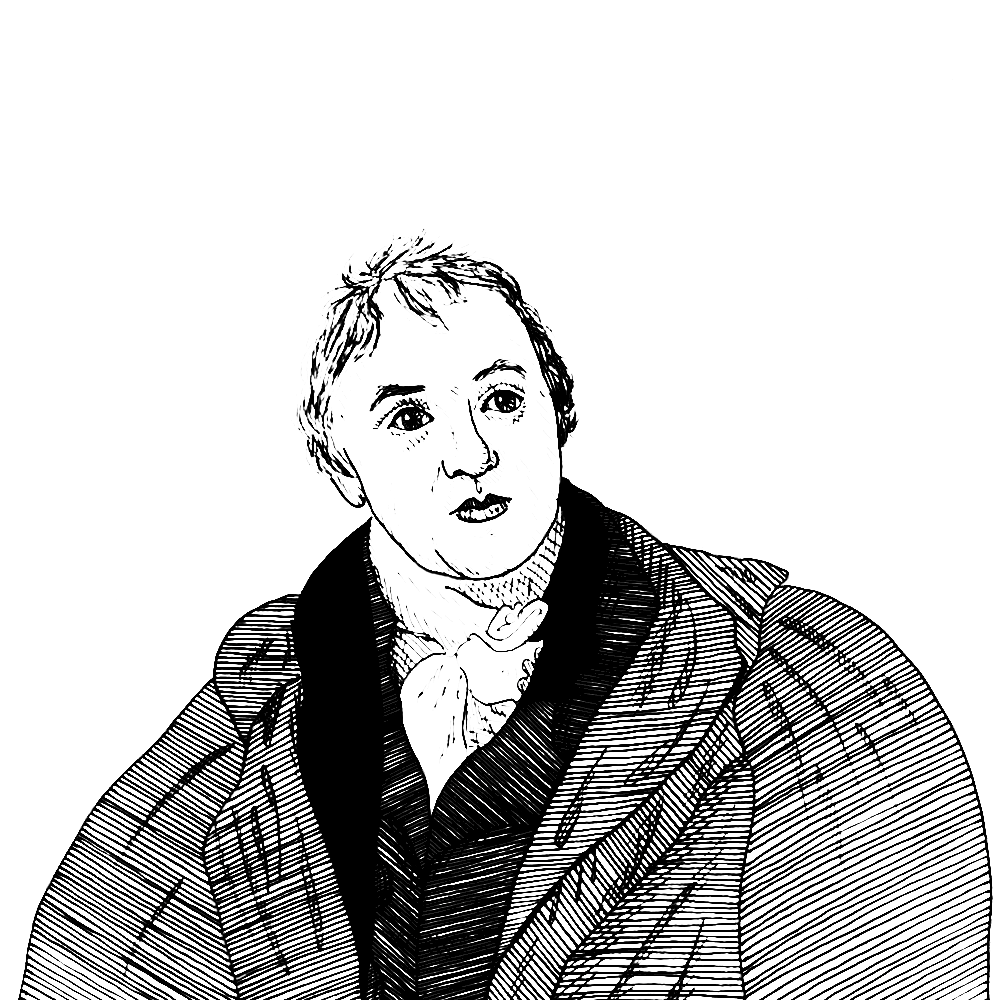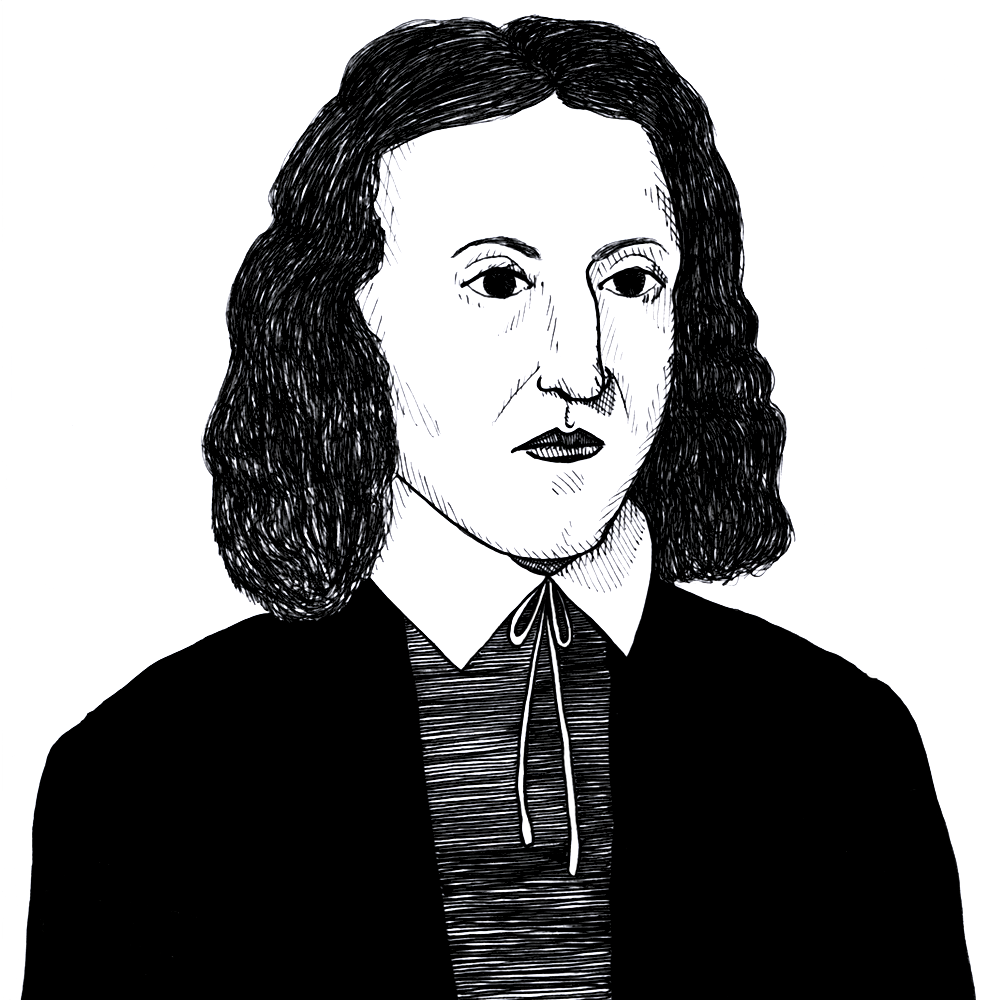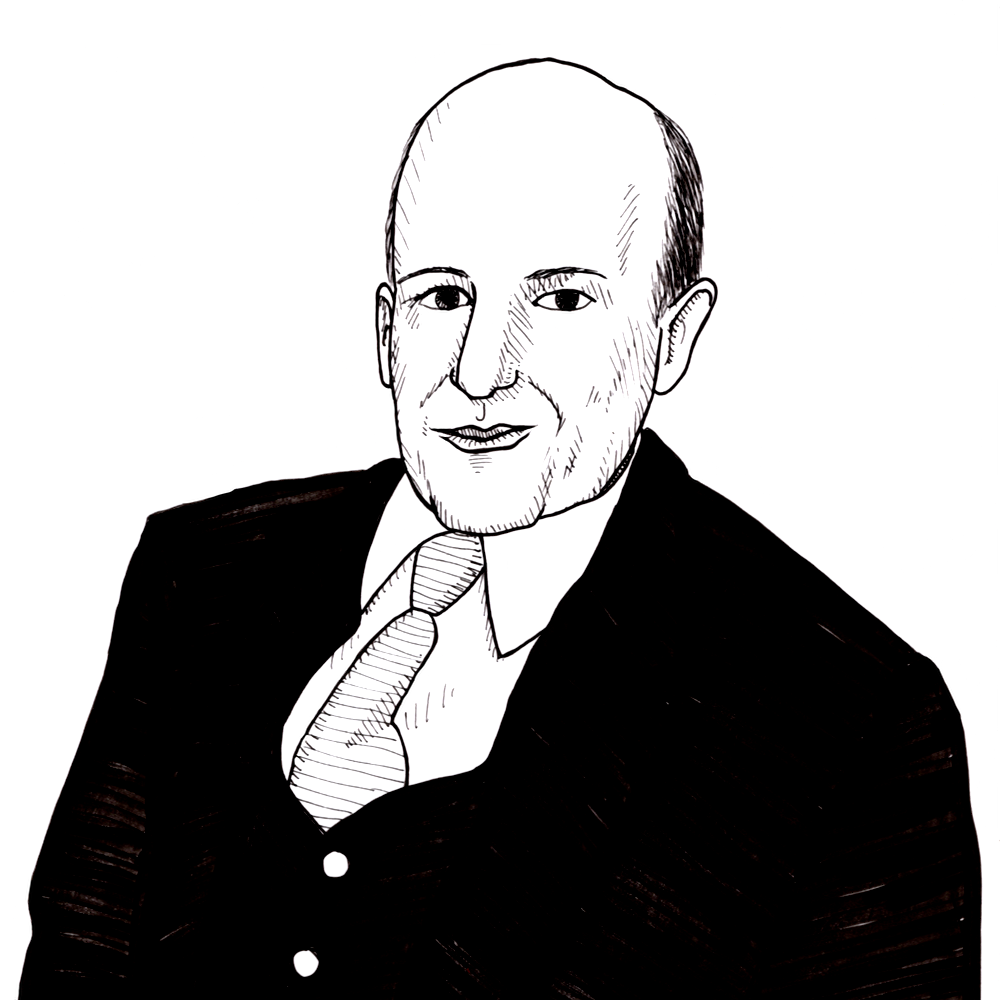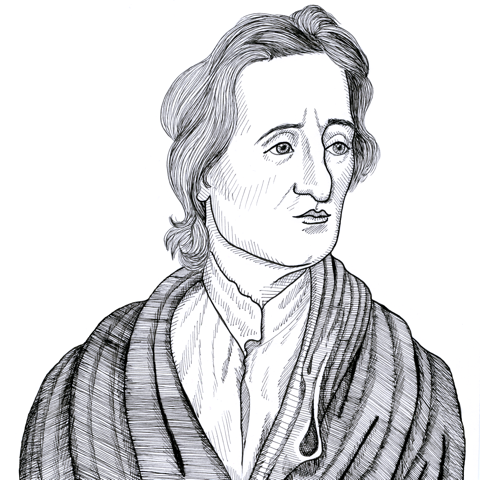
John Locke
1632 – 1704
John Locke (1632-1704) was an English philosopher who is considered to be one of the first philosophers of the Enlightenment and the father of classical liberalism. In his major work Two Treatises of Government Locke rejects the idea of the divine right of kings, supports the idea of natural rights (especially of property), and argues for a limited constitutional government which would protect individual rights.
Show more
See also our collection of extracts, essays, and other resources on Locke.
See the Liberty Matters online discussions of John Locke on Property, John Locke on Commercial Society and John Locke on Commercial Society
For additional information about John Locke see the following:
- Timeline on the Life and Work of John Locke
- Bibliographical Essay on John Locke and Property
- Reading List on An Introduction to the Political Thought of John Locke
- Topic on The English Revolution
- Debate on The Divine Right of Kings
- Debate on Religious Toleration
No works about this person
